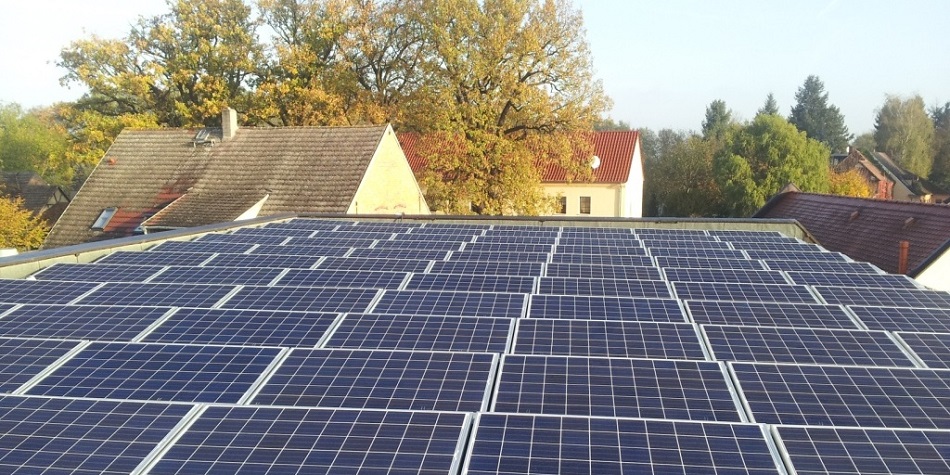
National campaigner, Slovakia
Email: juraj.melichar AT bankwatch.orgTel.: +421 903 473 816
Juraj worked with a Bankwatch member organisation in Bratislava and Friends of the Earth Europe in Brussels before officially joining Bankwatch in September 2016. As a national coordinator in Slovakia, he leads energy transformation through the EU Funds and regional re-development angles. He focuses on advocacy and coalition building for low carbon transition at the national level, and promotes media coverage and support for local energy transformation in the regions. Juraj speaks Slovak, English and German.
More from Juraj Melichar
Bulgaria, Hungary, Latvia, Poland and Slovakia all plan to expand the use of waste incineration to generate energy (mostly heat) as part of their National Energy and Climate Plans (NECPs). These plans will lead to much higher greenhouse gas emissions (
Slovak aspects of the EIB Energy Lending Policy
March 31, 2019 | Read more
One of the biggest challenges in Slovakia is to ensure systematic support for the development of decentralised, non-fossil and sustainable energy system. The European Investment Bank (EIB) already invested far too much into fossil gas (77 per cent of a
Web-version of the briefing Our analysis shows that most countries in central and eastern Europe are not committed to an ambitious energy transformation and instead stay as close as possible to business as usual scenarios. Moreover, the development of
In Slovakia, a shining example of EU funds for renewables and families
December 11, 2018 | Read more
There is a sad joke in Slovakia that the country could become a museum for renewable energy sources (RES). Not because the Slovak physicist Aurel Stodola invented in 1928 the world’s oldest heat pump that still powers Geneva’s city hall, but because of its antiquated energy policy that lacks systematic support for renewables at the local and national levels.
Position on the Multiannual Financial Framework
July 9, 2018 | Read more
For nearly three decades, the EU Budget, and especially sectoral instruments such as the Cohesion Policy, has been a proven catalyst in the fight against climate change and the transition to a low-carbon energy system. By providing public investments i





